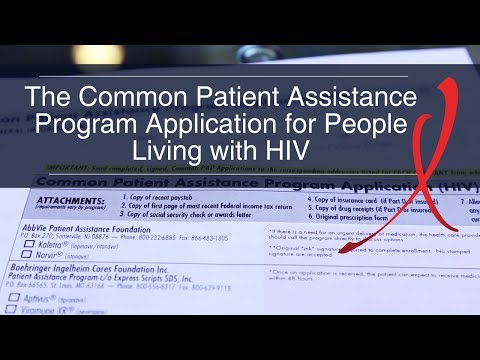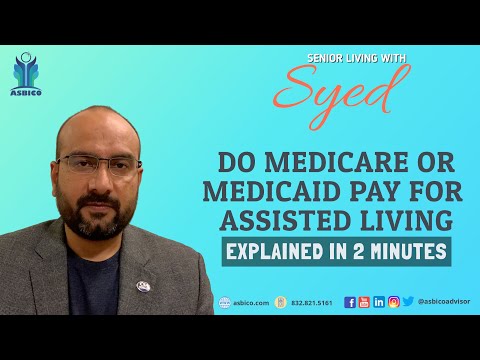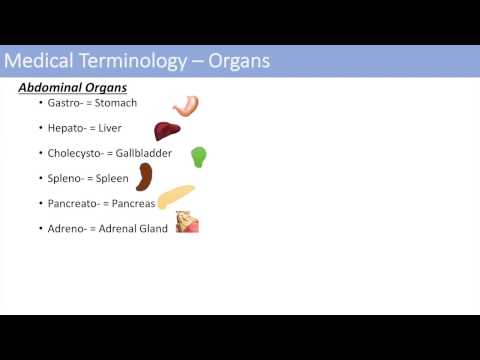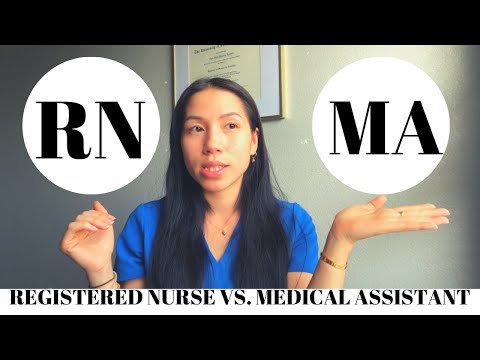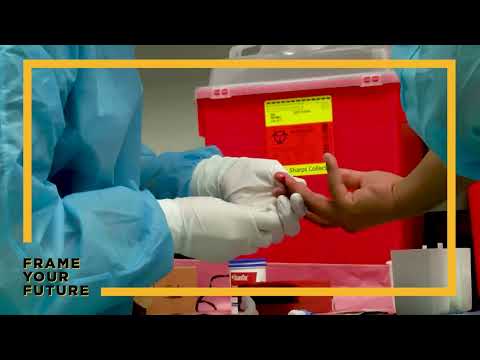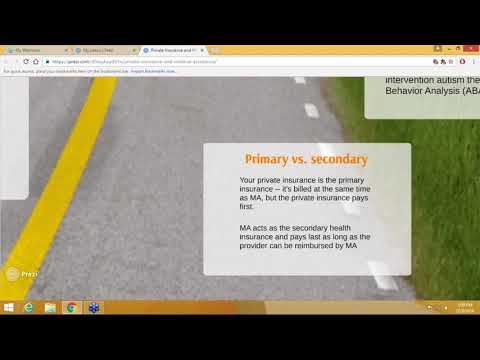Assistance for HIV Medication is Available
Contents [show]
If you are living with HIV, you may be wondering if there is any assistance available to help you cover the costs of your medication. The good news is that there are several programs that can help.
Checkout this video:
What is HIV?
HIV is a virus that attacks the body’s immune system. The virus can damage the immune system and make it weaker. This makes it harder for the body to fight off infections and can lead to serious health problems
What are the symptoms of HIV?
There are three main stages of HIV infection: acute, chronic, and AIDS. People with HIV may experience a wide range of symptoms, or none at all, during any stage of the infection.
The first stage, acute HIV infection, is when the virus enters the body and starts to replicate. This can cause a flu-like illness within two to four weeks after exposure, although some people may not experience any symptoms at this stage.
Symptoms of acute HIV infection can include:
-Fever
-Chills
-Rash
-Fatigue
-Muscle aches
-Sore throat
-Swollen lymph nodes
-Mouth ulcers
During the chronic stage of HIV infection, the virus continues to replicate in the body but at a slower rate. People with chronic HIV may not have any symptoms or they may experience only mild ones that come and go. The chronic stage can last for 10 years or longer without treatment.
Symptoms of chronic HIV infection can include:
– Swollen lymph nodes (glands)
– Tiredness
– weight loss
AIDS is the most advanced stage of HIV infection. It occurs when the immune system is severely damaged and fails to function properly. People with AIDS often develop severe infections and illnesses, which can be life-threatening if left untreated.
Symptoms of AIDS can include:
– Weight loss – Shortness of breath – Fever – Chills – Coughing – Diarrhea – fatigue – Night sweats
How is HIV transmitted?
HIV is transmitted through contact with certain bodily fluids of a person with HIV, including blood, semen, vaginal fluids, and breast milk. These fluids must come in contact with a mucous membrane or damaged tissue, or be directly injected into the bloodstream (via needle or syringe) for transmission to occur. HIV can also be transmitted from an infected mother to her child during pregnancy, childbirth, or breastfeeding.
What are the treatments for HIV?
There is no cure for HIV, but there are treatments that can dramatically slow the progression of the disease. These treatments are called antiretroviral therapy (ART).
ART involves taking a combination of three or more HIV medications every day. These medications work by interfering with different stages of the HIV life cycle, which prevents the virus from replicating.
Not everyone with HIV will need to start ART right away. Factors that play a role in deciding when to start include:
-The level of virus in your blood (viral load)
-Your CD4 cell count
-Your overall health
-Whether you have any opportunistic infections
What is the prognosis for people with HIV?
Although there is no cure for HIV, it is a controllable virus with medication. People with HIV can live long, healthy lives with the help of antiretroviral therapy (ART). ART is a combination of drugs that work together to keep the virus under control.
When taken as prescribed, ART can dramatically reduce the amount of virus in your body and lower your risk of transmitting HIV to others. It can also restore your immune system and greatly improve your health. Taking ART every day can make you feel better and help prevent complications from HIV.
If you are living with HIV, talk to your healthcare provider about starting ART. You may also be able to get help paying for your medication through assistance programs
How can I prevent HIV transmission?
There are many ways to prevent the spread of HIV, and the best approach depends on your personal situation. If you are HIV-positive, taking medication regularly can greatly reduce your risk of transmitting the virus to others. There are also a number of safe sex practices that can help to reduce the risk of transmission, such as using condoms and dental dams. If you are not sure about how to protect yourself and others from HIV, there are many resources available to help you learn more.
What should I do if I think I have HIV?
If you think you have HIV, it’s important to get tested as soon as possible. There are many free and confidential HIV testing sites available. To find a testing site near you, visit hivtest.org or call 1-800- CDC-INFO (1-800-232-4636).
If you test positive for HIV, there are many resources available to help you. The first step is to see a medical provider who specializes in HIV care. They will work with you to create a treatment plan that is right for you.
There are also many organizations that can provide support and assistance, including the National AIDS Hotline (1-800- CDC-INFO (1-800-232-4636) or TTY 1-888-232-6348) and the AIDS Education and Prevention Hotline (1-800 AIDS Nirvana (1 8002463742)).
How can I get help paying for my HIV medication?
There are many options available to help you pay for your HIV medication. If you are a U.S. citizen or a legal resident, you may be eligible for assistance from the Ryan White HIV/AIDS Program. This program provides financial assistance for people with HIV who do not have enough private health insurance or Medicaid coverage. To learn more about the Ryan White program, visit their website or call their toll-free number at 1-800-448-0440.
If you are not a U.S. citizen or legal resident, you may still be eligible for help from your country’s government or international organizations such as the World Health Organization or the Joint United Nations Programme on HIV/AIDS. You can find more information about these organizations on their websites or by contacting them directly.
What are the side effects of HIV medication?
HIV medications are effective at reducing the level of the virus in your body, but they can also cause side effects. These side effects can range from mild to severe and can even be life-threatening. If you have HIV and are thinking about starting medication, it’s important to talk to your doctor about the potential side effects.
Common side effects of HIV medication include:
-Nausea
-Vomiting
-Diarrhea
-Headache
-Dizziness
-Rash
-Fatigue
Some HIV medications can also cause serious side effects, such as:
-Kidney damage
-Liver damage
-Pancreatitis
-Peripheral neuropathy (nerve damage)
-Anemia (low red blood cell count)
Where can I get more information about HIV?
There are many resources available for people with HIV. Here are some places you can go for more information:
-The Centers for Disease Control and Prevention (CDC) website has information on HIV prevention, testing, and treatment.
-The National Institutes of Health (NIH) website has information about HIV/AIDS research.
-The National Library of Medicine (NLM) website provides access to MedlinePlus, a service that has information about HIV/AIDS and other health conditions
-The Ryan White HIV/AIDS Program provides funding for medical care and other services for people with HIV/AIDS.

